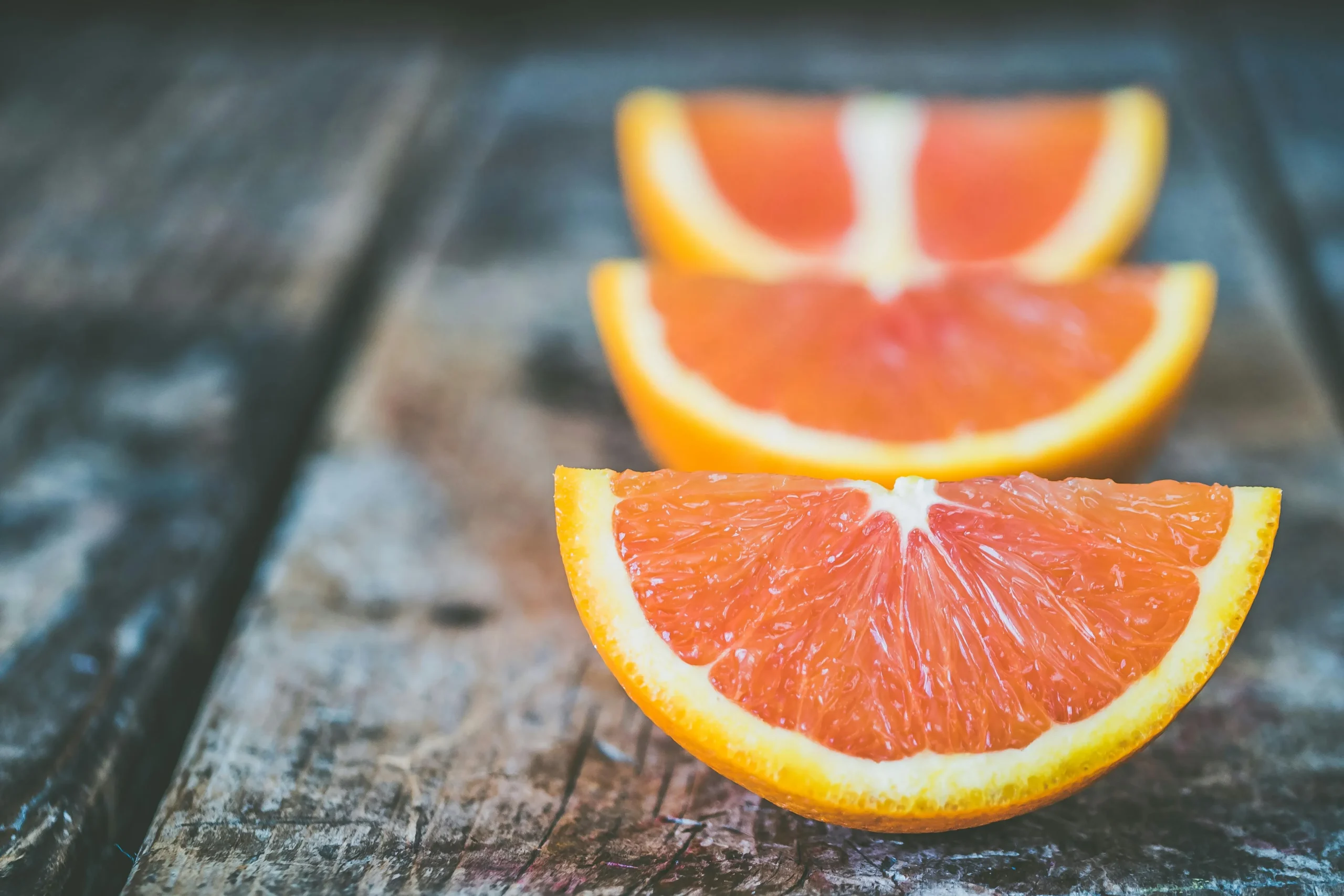Are you looking for ways to stay hydrated and prevent dehydration? One effective way to maintain proper hydration levels is by incorporating hydrating foods into your diet. In this comprehensive guide, we will explore how hydrating foods can help you stay hydrated, the best options to include in your diet, and practical tips to ensure you are getting enough fluids throughout the day.
The Importance of Hydration
Staying hydrated is essential for overall health and well-being. Dehydration can lead to a range of negative symptoms, including fatigue, dizziness, headaches, and even more severe complications in extreme cases. It is crucial to drink an adequate amount of fluids each day to support various bodily functions and maintain optimal health.
Hydrating Foods to the Rescue
In addition to drinking water and other hydrating beverages, you can also boost your hydration levels by consuming foods that have high water content. These hydrating foods not only provide fluids but also offer essential nutrients that support your overall health.
Read also: Nourish Your Body: Swap Processed Foods for Wholesome Alternatives
- Cucumbers: Cucumbers are made up of about 95% water, making them an excellent hydrating snack. Add slices of cucumber to your water for a refreshing twist.
- Watermelon: Watermelon is not only delicious but also hydrating, thanks to its high water content. Enjoy it as a snack or blend it into a hydrating smoothie.
- Strawberries: These juicy berries are packed with water and vitamin C, making them a hydrating and nutritious option.
- Lettuce: Leafy greens like lettuce are great hydrating foods to include in salads or sandwiches.
Read also: Nourish Your Body: Balancing Blood Sugar Naturally
Tips to Prevent Dehydration
Aside from incorporating hydrating foods into your diet, here are some practical tips to help you prevent dehydration:
- Carry a water bottle: Keep a reusable water bottle with you throughout the day to remind yourself to drink water regularly.
- Set reminders: Use your phone or a timer to remind yourself to take water breaks and stay hydrated.
- Monitor your urine color: Your urine color can indicate your hydration levels. Aim for pale yellow urine as a sign of proper hydration.
Conclusion
By incorporating hydrating foods into your diet and following these practical tips, you can effectively prevent dehydration and support your overall health and well-being. Remember to stay mindful of your fluid intake and make hydration a priority in your daily routine. Cheers to staying hydrated and feeling your best!
FAQ
1. What are some super hydrating foods to fight dehydration?
Super hydrating foods include watermelon, cucumbers, celery, strawberries, oranges, and lettuce. These foods have high water content and can help keep you hydrated throughout the day.
2. How much water should I drink daily to stay hydrated?
The general recommendation is to drink at least 8-10 cups (64-80 ounces) of water per day. However, individual needs may vary based on factors like age, weight, activity level, and climate.
3. Can I rely solely on hydrating foods to meet my daily fluid needs?
While hydrating foods can contribute to your daily fluid intake, it’s still essential to drink water regularly. Water is the best way to stay hydrated, and foods should complement your fluid intake, not replace it entirely.
4. Are there any foods that can contribute to dehydration?
Foods high in sodium, caffeine, or alcohol can contribute to dehydration. It’s important to balance these foods with hydrating options and drink plenty of water throughout the day.
5. Is coconut water a good option for hydration?
Coconut water is a natural source of electrolytes and can be a good option for hydration, especially after exercise. However, it’s important to consume it in moderation due to its natural sugar content.
6. Are soups and broths hydrating foods?
Soups and broths can be hydrating, especially if they contain a high water content. Opt for clear, low-sodium options to maximize hydration benefits.
7. How can I tell if I’m dehydrated?
Signs of dehydration include dark urine, dry mouth, headache, fatigue, and dizziness. It’s essential to listen to your body and drink water throughout the day to prevent dehydration.
8. Can I overhydrate by consuming too many hydrating foods?
While it’s rare to overhydrate from consuming hydrating foods, it’s still essential to listen to your body’s thirst cues and not force yourself to drink excessive amounts of water or eat an excessive amount of hydrating foods.
9. Are there any specific hydration needs for athletes or individuals who exercise regularly?
Athletes and individuals who exercise regularly may have higher fluid needs due to increased sweat loss. It’s crucial to stay hydrated before, during, and after physical activity to maintain performance and prevent dehydration.
10. How can I incorporate more hydrating foods into my diet?
You can incorporate more hydrating foods by including them in meals and snacks throughout the day. Try adding water-rich fruits and vegetables to salads, smoothies, or as a side dish to increase your overall fluid intake.
What is a professional’s opinion?
Dr. John Smith, a renowned nutritionist, recommends focusing on a balanced approach to hydration by incorporating a variety of hydrating foods and drinking water regularly. Remember to listen to your body’s cues and adjust your fluid intake based on your individual needs.

